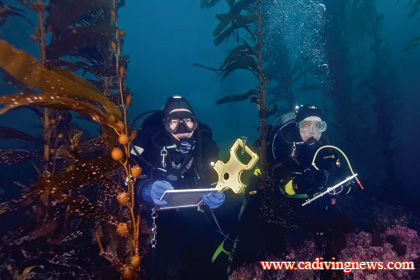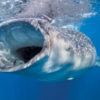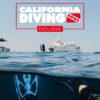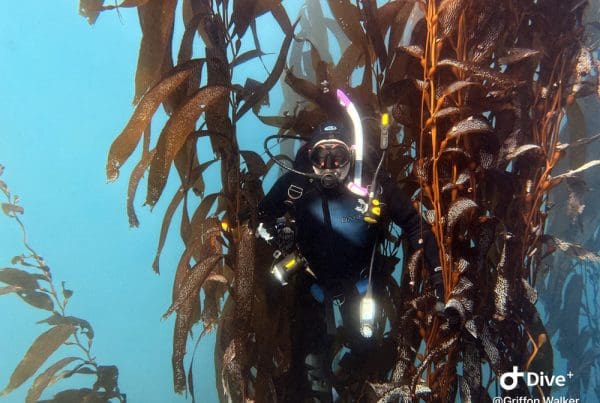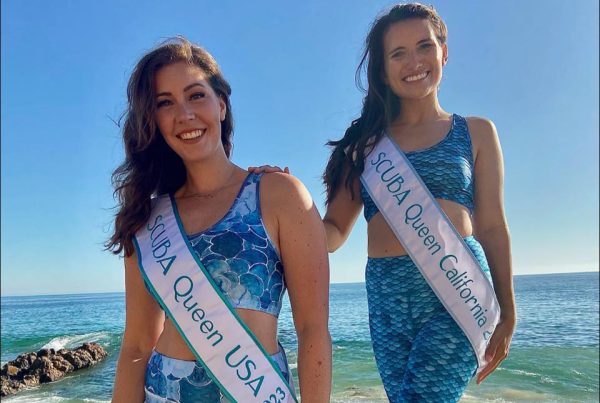Over 300 citizen scientists from across the state are now diving into the 2009 Reef Check California survey season. This small army of dedicated volunteer scuba divers will be counting over 70 types of marine creatures from rockfish to abalone as they survey over 60 rocky reefs from Eureka to San Diego. These aren’t typical university scientists scouring the underwater reefs just off the shoreline, but everyday people trained and certified by Reef Check scientists in underwater monitoring techniques.
Bill Fields is a home builder from Sebastapol in Sonoma County. He was certified in Reef Check’s California Program three years ago. He liked it so much that he has now become a Reef Check Trainer. “I have been scuba diving for many years, but getting certified in Reef Check monitoring has opened my eyes to a whole new world underwater. It’s a lot of fun because I see things now that I never noticed before, and I have learned enough ecology to scientifically document the changes that I observe,” said Bill.
Working in partnership with academic institutions, government agencies, other non-profits, and ocean users, the Reef Check Foundation’s California program forms teams of dedicated volunteers who conduct scientific surveys of rocky reefs throughout the state. Since the launch in 2006, these citizen scientists have counted over 200,000 reef dwelling organisms.
Reef Check data are needed by California’s marine resource managers to track changes in nearshore rocky reefs where forests of kelp grow, providing habitat for hundreds of species of marine life. Due to their close proximity to shore, kelp forests are especially susceptible to increasing pressures from coastal development, pollution, and overfishing. Currently, there are many areas along the coastline that are not regularly monitored by state or academic programs and many areas along the coast of northern California have never been scientifically surveyed.
“Our goal is to build an educated constituency of citizens throughout the state who are engaged in and supportive of science-based management. Our teams provide extra eyes on the water and provide a much needed expansion to existing academic, state, and local monitoring work.” said Cyndi Dawson, Director of Science for the California program. “As California continues to move towards ecosystem-based management, comprehensive long-term monitoring will be crucial to implement effective management measures and track progress.”
A wide diversity of ocean users including commercial and recreational fisherman, and conservationists, who do not often work together have found common ground participating in Reef Check. This diverse group is comprised of people from across the socioeconomic and political spectrum but they all choose to become trained as Reef Check divers because they want to help ensure a healthy rocky reef ecosystem in California.
Reef Check’s California program encourages interested certified scuba divers to visit www.reefcheck.org to get more information about improving marine management and to join one of the eight Reef Check California Trainings that will be held throughout the state in 2009.

